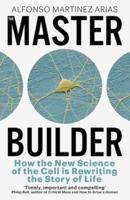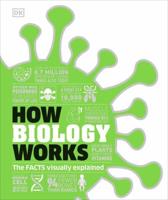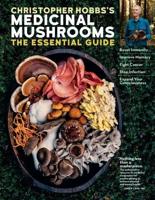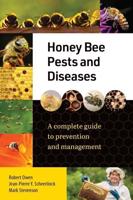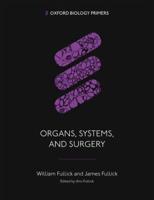Publisher's Synopsis
Clostridium difficile, a major nosocomial pathogen shown to be a primary cause of antibiotic-associated disease, has emerged as a highly transmissible and frequently antibiotic-resistant organism, causing a considerable burden on health care systems worldwide. In Clostridium difficile: Methods and Protocols, expert researchers bring together the most recently developed methods for studying the organism, including techniques involving isolation, molecular typing, genomics, genetic manipulation, and the use of animal models. Written in the highly successful Methods in Molecular Biology™ series format, chapters include brief introductions to their respective topics, lists of the necessary materials and reagents, step-by-step, readily reproducible laboratory protocols, and notes highlighting tips on troubleshooting and avoiding known pitfalls.
Authoritative and cutting-edge, Clostridium difficile: Methods and Protocols serves as an ideal guide for scientists now in a position to gain an in-depth understanding of how this organism is transmitted and how it causes disease.


